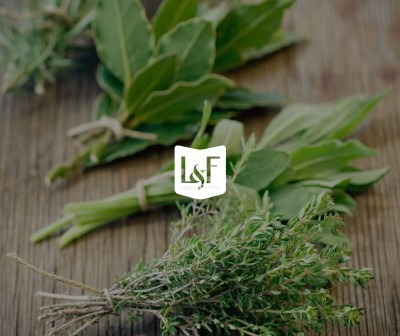You don’t want to get me going on a rant about Galen Westin and his sweaters, but I will say the Loblaw’s owner is at least on the right track when it comes to their latest initiative to reduce waste.
Loblaw’s is expanding it’s Naturally Imperfect line of produce. That’s where so called “ugly” fruits and vegetables are sold at a discount rather than thrown out.
The initiative is at least a step towards getting rid of the “Supermodel syndrome” that is damaging to our food system and our health. However, it falls short of fixing the core problem.
We have all fallen victim to the shallow notion that every piece of food we buy must be a supermodel – flawless, unblemished, and most likely from some exotic place far-far away.
We buy with our eyes – but taste is the true arbiter of quality of a food.
These “Zoolander” foods are often not the best varieties when it comes to taste and nutrients – but instead are chosen for their ability to “look good” after a week long trip in the back of a truck from Mexico.
It is hard to look like a supermodel – and that is why there is so much waste in the first place. A lot of so called ‘ugly’ vegetables are cast aside in the pursuit of visual perfection.
Beauty is only skin deep. What counts is on the inside.
So while I applaud the corporate initiative (selling a waste product is still pretty profitable – even at a discount), a deeper look reveals that if we focused on the “girl or boy next door” in the first place we may not have to deal with the problems that come with supermodel syndrome.
The big box food system rewards producers for volume, size and appearance, driving consumers to buy their food by the petty pound and measly milligram. This rewards low cost production methods regardless of their impact on the quality of the food, the climate or the ground that they were grown in. Why?
What could be more important the nutrients we put into bodies? Your body doesn’t care what the price per pound is, it cares about the nutrients that are in it.
A cardboard tomato may be a good price – but what’s the point of a vapid vegetable?
What if the food system rewarded producers based on the nutrient density of their food and the fertility of their soil?
All of human life relies on the fertility of just a few inches of top soil. It is a sobering thought as we continue to sacrifice that soil for a pretty potato or an extra few pounds of production.
The head gardener at the Lajord Hutterite Colony once told me that the vegetables in his garden are merely a byproduct of his true passion. His goal is to continually improve the quality of the soil that he will leave to his children 20 years from now. It just so happens that when you focus on the soil, the quality and nutrient density of the food is amazing.
Imagine the impact on the climate, your dinner table, and ultimately your health if the primary goal of the food system was to produce the most nutrient dense food it can.
Every day you have a chance, at least three times a day when you eat, to not just imagine such a system – but to help build it by supporting the local food system. Those supermodels won’t miss you anyway.
Andrew Rathwell
Co-Owner, Local and Fresh

